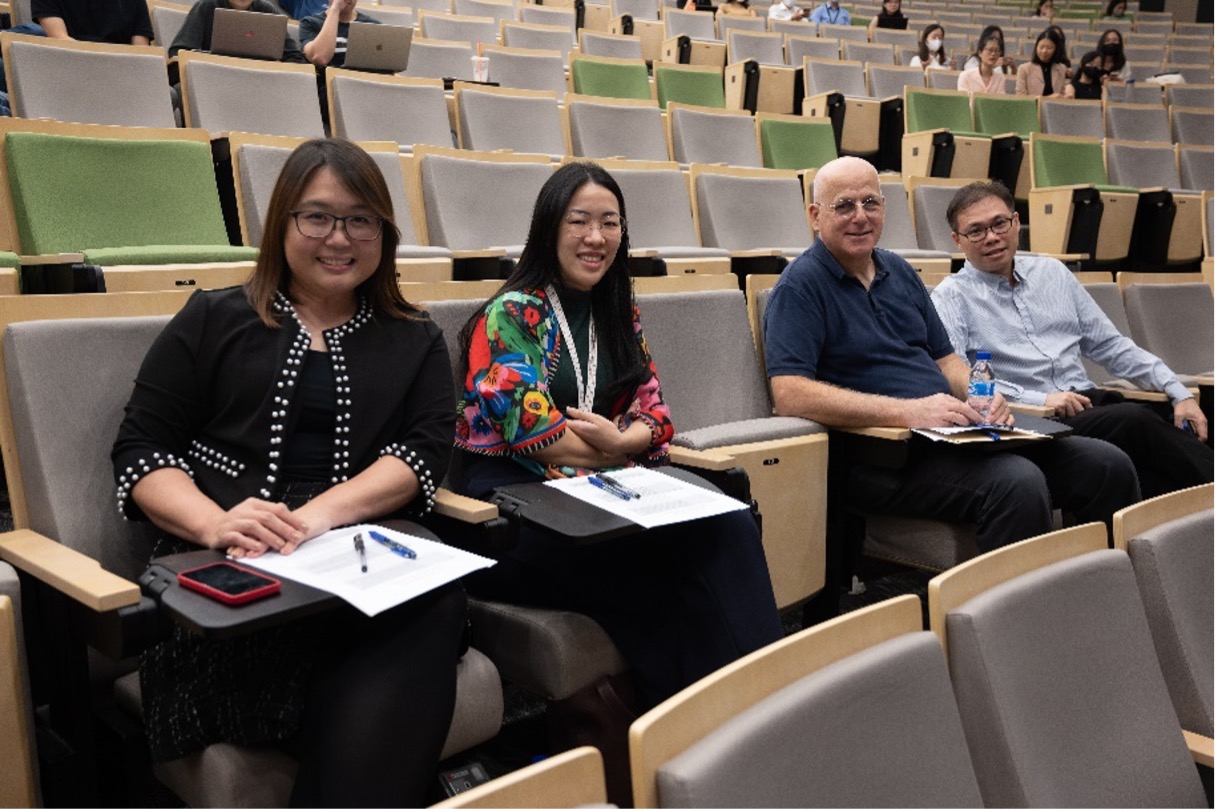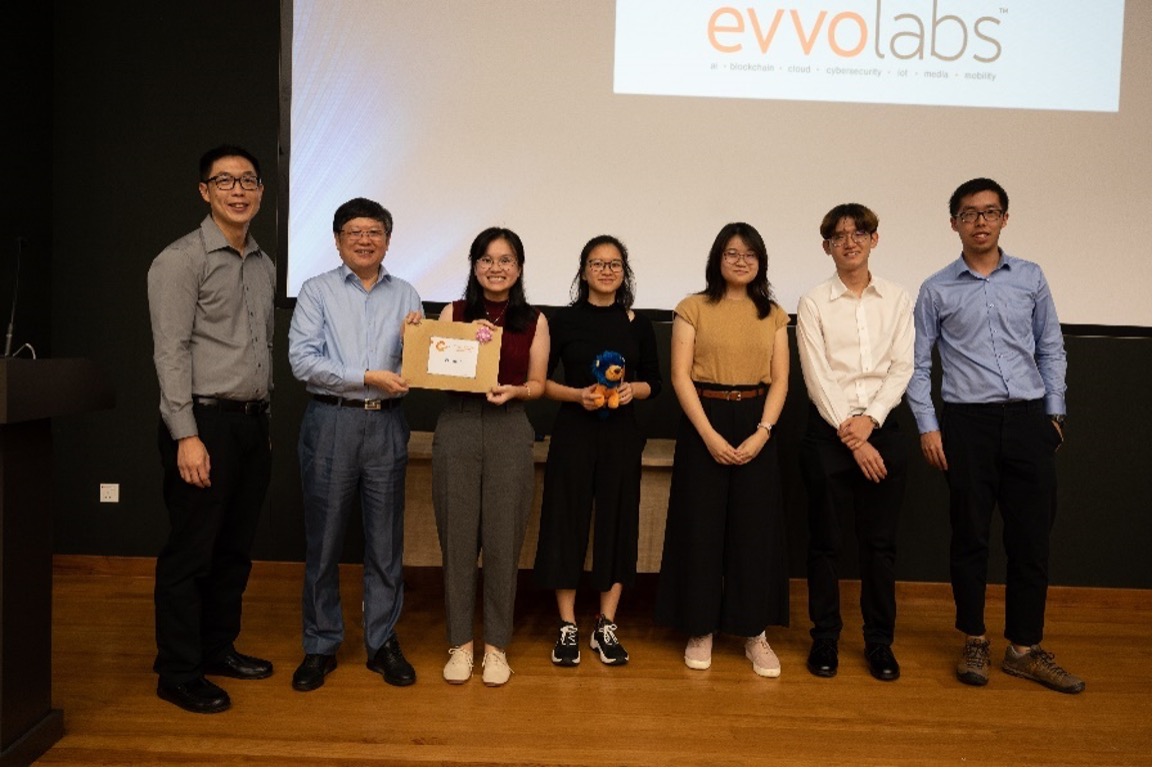The Curious Case of Managing Waste: 2022 NUS-CHS Case Competition
October 7, 2022
The NUS-CHS Case Competition made a return this year after a highly successful inaugural run. The annual event enables all NUS students to practice solving complex, real-world problems that will shape the future of Singapore.
Graciously sponsored by Alibaba Cloud, Evvolabs and Taikoo Lane Hotpot, this year’s competition invited students to tackle the issue of waste management in Singapore. Given the prevalence of e-commerce and throwaway culture, the issue is likely to be a linchpin in achieving Singapore’s goal of “Towards Zero Waste”. The competition invited two authorities on this pressing matter, the Ministry of Sustainability and the Environment (MSE) and SembWaste, as competition partners to craft the problem statements and evaluate students’ cases. The competition is co-organised by the Faculty of Arts and Social Sciences (FASS) and Faculty of Science (FoS) Dean’s Offices, with the support of the NUS Centre for Future-ready Graduates.
The competition was launched at LT27, FoS, on 1 August to great fanfare, marking the beginning of the new Academic Year. More than 100 students from across the NUS campus, were eager to find out this year’s problem statement, which was released in tandem with a panel discussion on the current challenges facing Singapore in the area of waste management. The panel included Ms LEO Li Min, Senior Assistant Director, Zero Waste Policy, MSE, and Ms Regina CHEAH, Manager, Corporate Development, SembWaste. Rules and formats of the competition were announced, including no limits on team size, the ability to change members throughout the competition and a Telegram group to facilitate team formations – all unique features of the case competition series that emulate how complex, real-world problems are taken up.
In addition, the competition hosted a series of multidisciplinary workshops in mid-August that mentored students on effective communication skills, tips on writing compelling cases and examples of circular economies in the private sector, drawing on NUS faculties, alumni and current students’ expertise.

Preliminary judging took place in early September, with invited panels from 10 NUS faculties evaluating a stellar collection of 27 submitted cases by the contestants. 10 teams were sent to the final round on 21 September, where another in-person event evaluated teams’ performances on stage on both the content and the delivery of their cases, testing both their knowledge on the subject matter and their solutions. The panel of judges included representatives from the two competition partners and the NUS Faculty with Prof David TAYLOR, Head of the Geography Department at FASS.
The unconventional format of the competition bore fruits, with an average of more than 4 members among the 10 finalist teams, and a majority of the teams comprising of students from a variety of NUS faculties and schools.

Team NUSCrisis, helmed by students from the College of Design and Engineering, clinched the top prize, with their solutions involving a holistic approach targeting all key stakeholders in the e-commerce value chain, including packaging manufacturers, retailers and consumers, to reduce e-commerce waste generation, and via redirecting existing resources towards building a primarily automated waste processing system as a means to streamline SembWaste’s operations towards its goal of optimising waste management.
The top teams took home cash prizes of S$1500, S$1000 and S$500, while each of the 10 finalists were awarded Alibaba Cloud credits and hotpot dining vouchers.
The NUS-CHS Case Competition will return in 2023 with another taxing problem facing Singapore to challenge our students.

